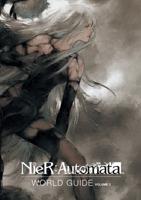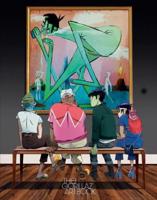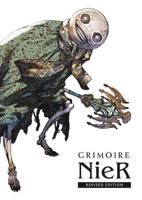Publisher's Synopsis
Over the past 40 years, sculptor and installation artist Jannis Kounellis has established himself as a unique presence in the world of contemporary art. His work, whether included in temporary exhibitions or placed in semi-permanent installations, invariably lingers in the memory because of its forceful character and its ability to transform its immediate environment. Stephen Bann refers to Kounellis's working practice as a process of "making strange". In all his installations, the material impact of the work sets off a trail of associations. Potent examples include his 1969 installation of twelve tethered live horses in a gallery in Rome, the city where the prototypes of the equestrian monuments of Antiquity can still be seen, or his 1975 Civil Tragedy installation in which a hat-stand with black hat and coat against a gold-leaf background lit by a small lamp recalled the café society of Central Europe against a wall of Byzantine splendor.
As an artist, Kounellis has found his special location in Rome. At the age of 20, he made the journey there from Piraeus, the ancient port of Athens, and began his career. His works continue to bear the hallmarks of his Eastern Mediterranean origin, as well as testifying to his concern with the links between Russian Modernism and the Byzantine tradition.
Stephen Bann has not set out to write a conventional monograph about the artist. Rather, he looks at the underlying mechanisms in Kounellis's practice, suggesting the ways in which they are important in the broader context of late modernist art. He outlines the distinctive way in which Kounellis takes account of space as a necessary preliminary to working within it, and discusses the historical and cultural dimension to which Kounellis lays claim.
As an artist, Kounellis has found his special location in Rome. At the age of 20, he made the journey there from Piraeus, the ancient port of Athens, and began his career. His works continue to bear the hallmarks of his Eastern Mediterranean origin, as well as testifying to his concern with the links between Russian Modernism and the Byzantine tradition.
Stephen Bann has not set out to write a conventional monograph about the artist. Rather, he looks at the underlying mechanisms in Kounellis's practice, suggesting the ways in which they are important in the broader context of late modernist art. He outlines the distinctive way in which Kounellis takes account of space as a necessary preliminary to working within it, and discusses the historical and cultural dimension to which Kounellis lays claim.










